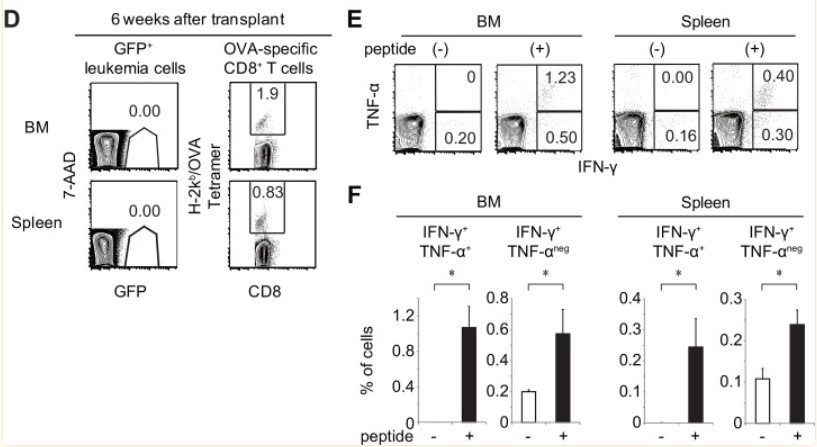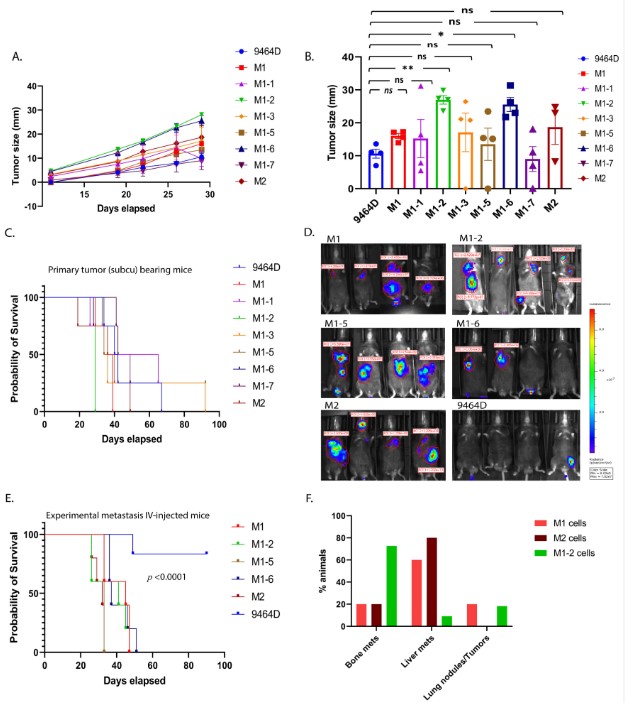All products and services are For Research Use Only and CANNOT be used in the treatment or diagnosis of disease.
Cancer remains a formidable challenge in modern medicine, and the development of effective therapies is of paramount importance. Among various strategies, cancer vaccines have emerged as a promising avenue, with the potential to induce a robust immune response against cancer cells. However, preclinical evaluation of these vaccines necessitates reliable and highly representative models. At Creative Biolabs, we have developed advanced immunocompetent mouse models tailored for cancer vaccine research. These models are instrumental in evaluating the efficacy and safety of novel cancer vaccines, providing a robust platform to simulate human-like immune responses.
Creative Biolabs offers a range of immunocompetent murine models, specifically designed for cancer vaccine assessment. These include syngeneic tumors, genetically engineered mouse models (GEMMs), and murine tumor homograft models. Each model serves distinct research purposes and is crucial for different phases of cancer vaccine development.
Syngeneic Tumor Models
Utilized for studying immune responses in a controlled genetic background. These models involve the transplantation of immortalized mouse cancer cell lines into mice of the same strain, ensuring consistent tumor rejection prevention and facilitating synchronized tumor growth.
Genetically Engineered Mouse Models (GEMMs)
Designed to mimic specific genetic features of human cancers. These models develop tumors due to engineered genetic mutations, offering a realistic platform for studying tumorigenesis and validating the function of specific targets.
Murine Tumor Homograft Models
These models involve the transplantation of GEMM-derived or carcinogen-induced tumors into mice, closely resembling patient-derived xenografts (PDXs). They offer a patient-relevant environment for efficacy studies and specific genetic feature targeting.
Researches have demonstrated the effectiveness of immunocompetent mouse models in various aspects:
MLL/AF9 Leukemia Model: This model has revealed the potential of spontaneous CTL responses in inducing leukemia regression, demonstrating its utility in studying adaptive immune responses and testing novel immunotherapies.
 Fig.1 Functional CTLs specific for the antigen expressed in leukemia cells were highly amplified in mice without leukemia.1
Fig.1 Functional CTLs specific for the antigen expressed in leukemia cells were highly amplified in mice without leukemia.1
High-Risk Neuroblastoma (HR-NB) Models: Studies showed that HR-NB syngeneic mouse models have been instrumental in studying metastasis and tumor microenvironment interactions. Newly developed cell lines, such as M1 and M2, show significant metastatic efficiency, reflecting the aggressive nature of HR-NB in humans.
 Fig.2 In vivo characterization of M1, M2, and M1-derived novel transplantable mouse HR-NB cell lines.2
Fig.2 In vivo characterization of M1, M2, and M1-derived novel transplantable mouse HR-NB cell lines.2
Q1: What related services does Creative Biolabs offer for cancer research?
A1: Apart from providing advanced mouse models, we offer comprehensive research support, genetic engineering services for model humanization, and specialized models for metastasis and immune monitoring, ensuring a holistic approach to preclinical cancer research.
Q2: How does Creative Biolabs' model support cancer vaccine development?
A2: By providing a detailed representation of tumor-immune system interactions, our models enable precise evaluation of vaccine efficacy, optimization of dosing regimens, and understanding of mechanistic pathways, crucial for developing effective cancer vaccines.
The immunocompetent mouse models developed by Creative Biolabs are essential tools in the preclinical evaluation of cancer vaccines. They offer unparalleled insights into tumor biology and immune responses, paving the way for the development of innovative and effective cancer therapies.
References
For any technical issues or product/service related questions, please leave your information below. Our team will contact you soon.
 NEWSLETTER
NEWSLETTER
The latest newsletter to introduce the latest breaking information, our site updates, field and other scientific news, important events, and insights from industry leaders
LEARN MORE NEWSLETTER NEW SOLUTION
NEW SOLUTION
CellRapeutics™ In Vivo Cell Engineering: One-stop in vivo T/B/NK cell and macrophage engineering services covering vectors construction to function verification.
LEARN MORE SOLUTION NOVEL TECHNOLOGY
NOVEL TECHNOLOGY
Silence™ CAR-T Cell: A novel platform to enhance CAR-T cell immunotherapy by combining RNAi technology to suppress genes that may impede CAR functionality.
LEARN MORE NOVEL TECHNOLOGY NEW SOLUTION
NEW SOLUTION
Canine CAR-T Therapy Development: From early target discovery, CAR design and construction, cell culture, and transfection, to in vitro and in vivo function validation.
LEARN MORE SOLUTION